A psychological view on why time seems to fly
Trending Now
Time is a constant in our lives, yet our perception of it can be surprisingly fluid. Have you ever noticed how some days seem to drag on forever, while others fly by in the blink of an eye?
This fascinating phenomenon is influenced by a myriad of factors, from science to personal experience. As we delve into the intricacies of time perception, we’ll uncover why our clocks and our minds often tell different stories.
The Science of Time Perception
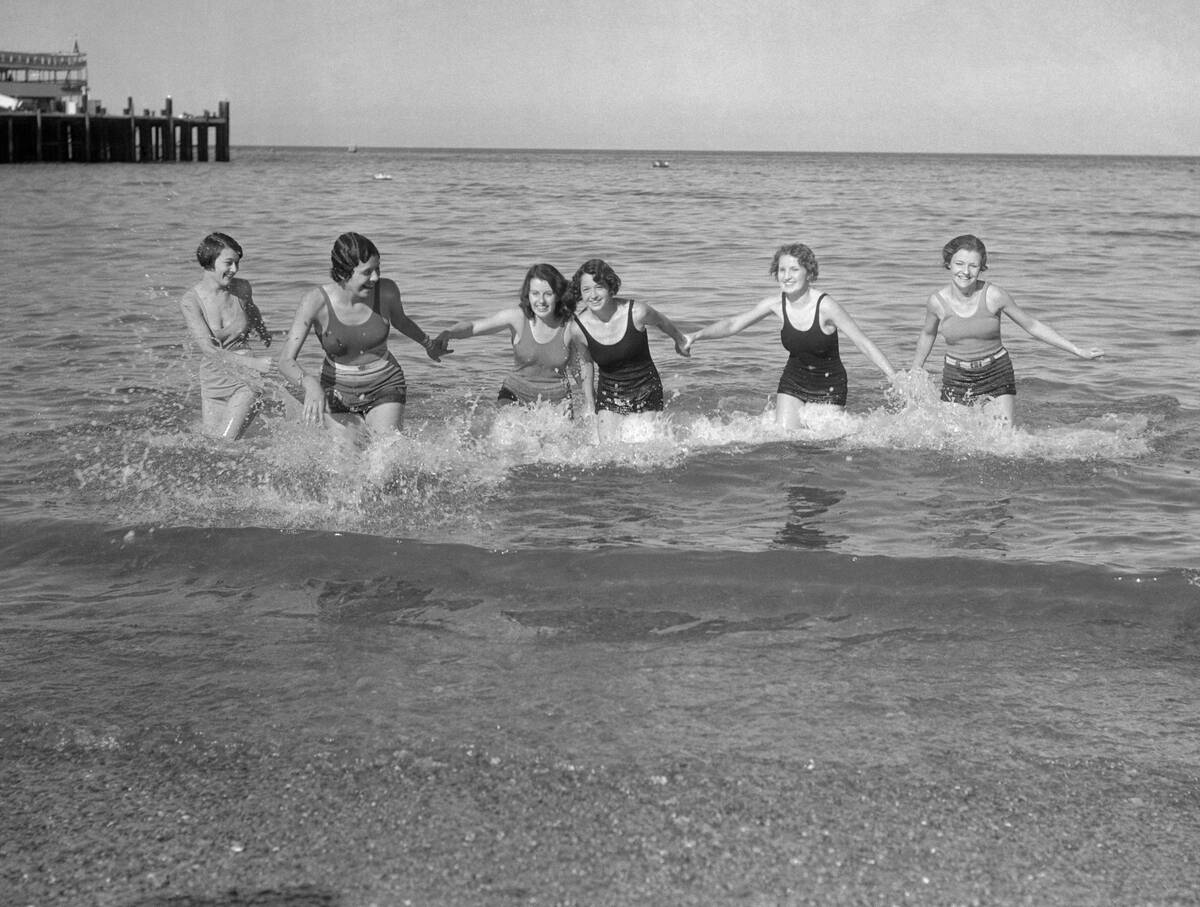
Our brains are equipped with an internal clock, regulated by the suprachiasmatic nucleus in the hypothalamus. This biological clock is responsible for maintaining our circadian rhythms, but it’s not the sole player in time perception.
Studies show that the neurotransmitter dopamine plays a crucial role; higher dopamine levels can speed up our perception of time, making it feel like it’s passing faster. It’s a complex interplay that science continues to unravel.
The Role of Routine in Accelerating Time
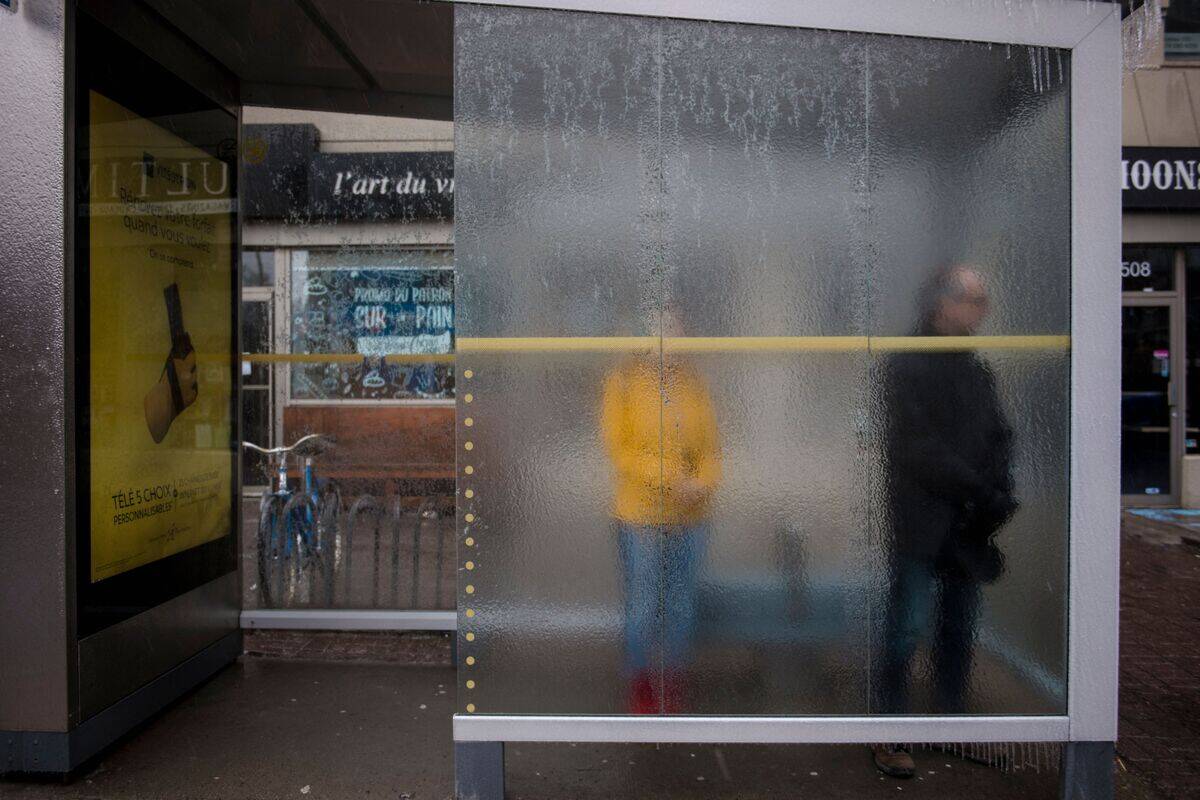
Ever wonder why a month of repetitive work seems to vanish quickly? Routines can make time feel like it’s moving faster because our brains don’t need to process new information.
When we perform tasks on autopilot, fewer mental resources are required, and our perception of time shrinks. It’s like being in a car on a familiar road—less attention is needed, and the destination seems to arrive sooner.
How Age Influences Our Experience of Time

Many people report that time seems to speed up as they age, and there’s some truth to this perception. As we grow older, each year constitutes a smaller fraction of our life, making it feel shorter in comparison.
Additionally, older individuals often have more routine-based lives, contributing to the sensation of time accelerating. This phenomenon is a mix of psychological and mathematical realities.
The ‘Holiday Paradox’: Why Time Flies on Vacation

The ‘Holiday Paradox’ describes how time seems to fly during a vacation but feels longer in retrospect. When we’re on holiday, we’re often engaged in novel experiences, causing time to feel fleeting.
However, when we reflect on the trip later, the abundance of new memories makes the time seem extended. This paradox highlights how our engagement with new experiences can warp our sense of time.
Memory and the Passage of Time
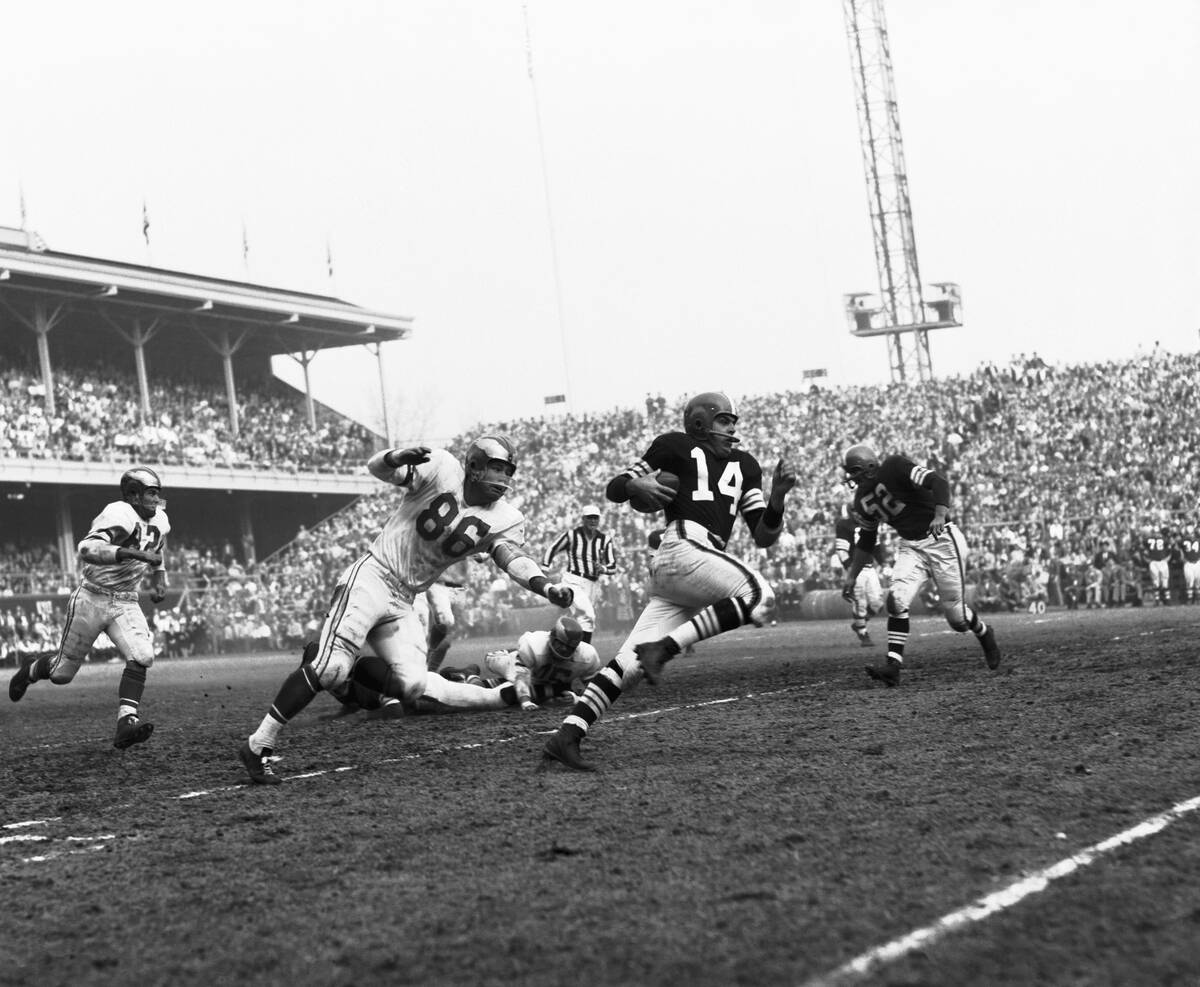
Our perception of time is deeply linked to how we form memories. The brain processes new and vivid experiences more deeply, creating more ‘mental bookmarks’ that make time seem longer in hindsight.
Conversely, routine days blend into each other, leaving fewer memories and a sense that time has passed quickly. This connection between memory and time perception is a key factor in how we experience life.
The Impact of Technology on Time Perception

In today’s digital age, technology has a significant impact on how we perceive time. The constant stream of information and entertainment can distract us, making hours slip by unnoticed.
However, it can also create a sense of time dilation, where waiting for a download or a buffering video seems to take forever. Our devices are both time-savers and time-wasters, blurring the lines of our perception.
Why Novelty Slows Down Time
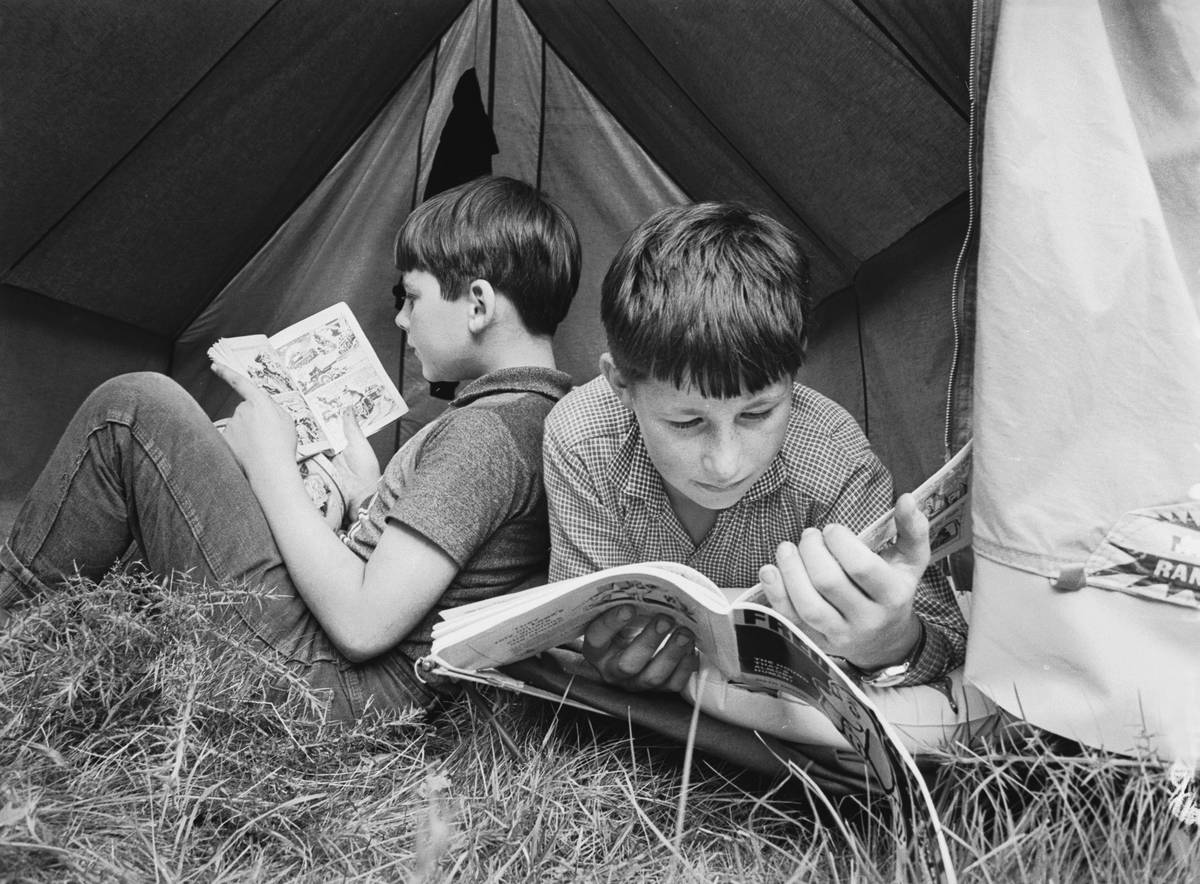
Encountering something new or exciting can slow down our perception of time. When faced with novel experiences, our brains work harder to process and store the information, making the moment feel elongated.
This is why childhood summers or adventurous trips feel long in memory. The brain’s heightened activity during new experiences stretches our sense of time, offering a richer tapestry of memories.
The Connection Between Stress and Time Perception
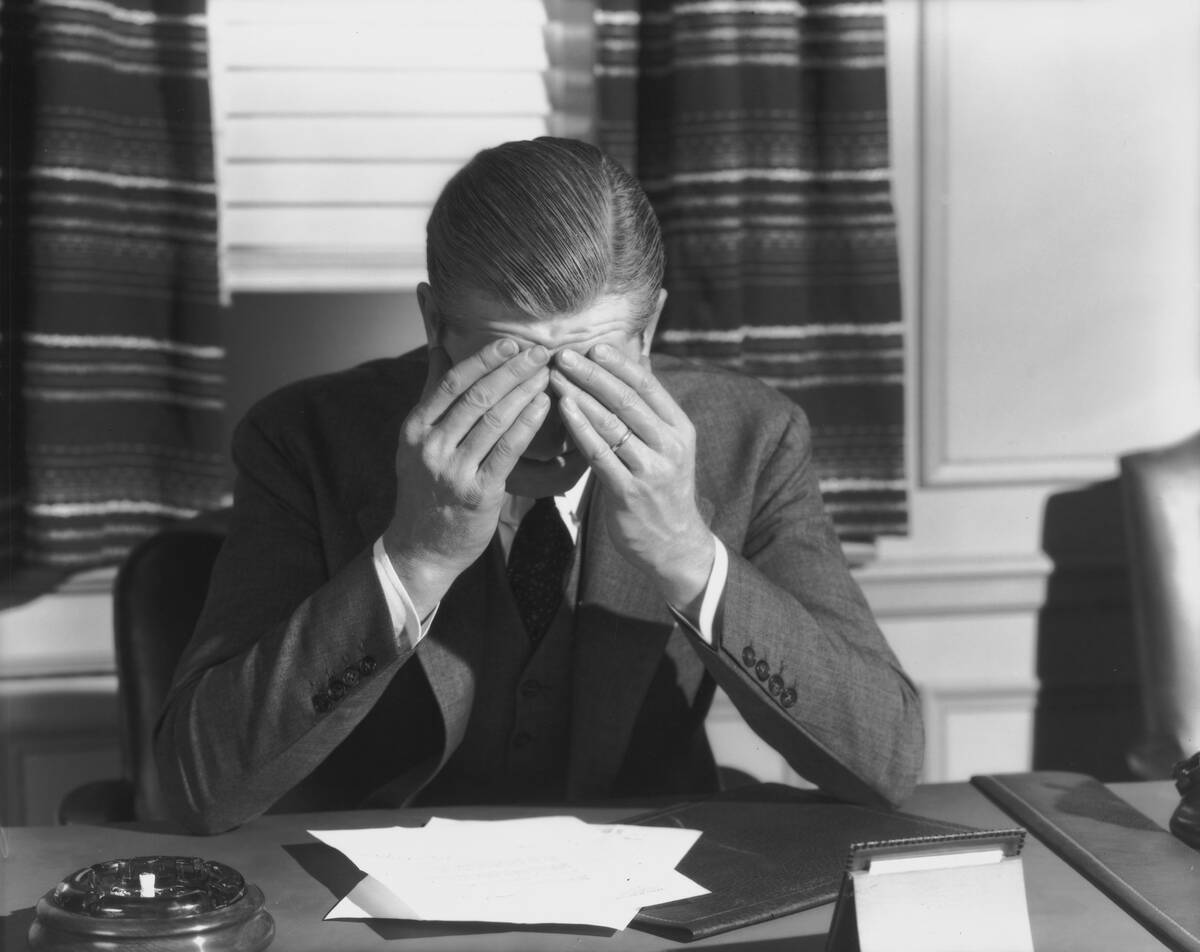
Stress can warp time perception in peculiar ways. Under stress, time can feel like it’s dragging, as our heightened state of alertness makes us more aware of each passing moment.
Conversely, when we’re overwhelmed, time can slip away unnoticed because our brains are too occupied with managing stressors. This duality illustrates how our mental state directly influences our experience of time.
Cultural Variations in Time Perception
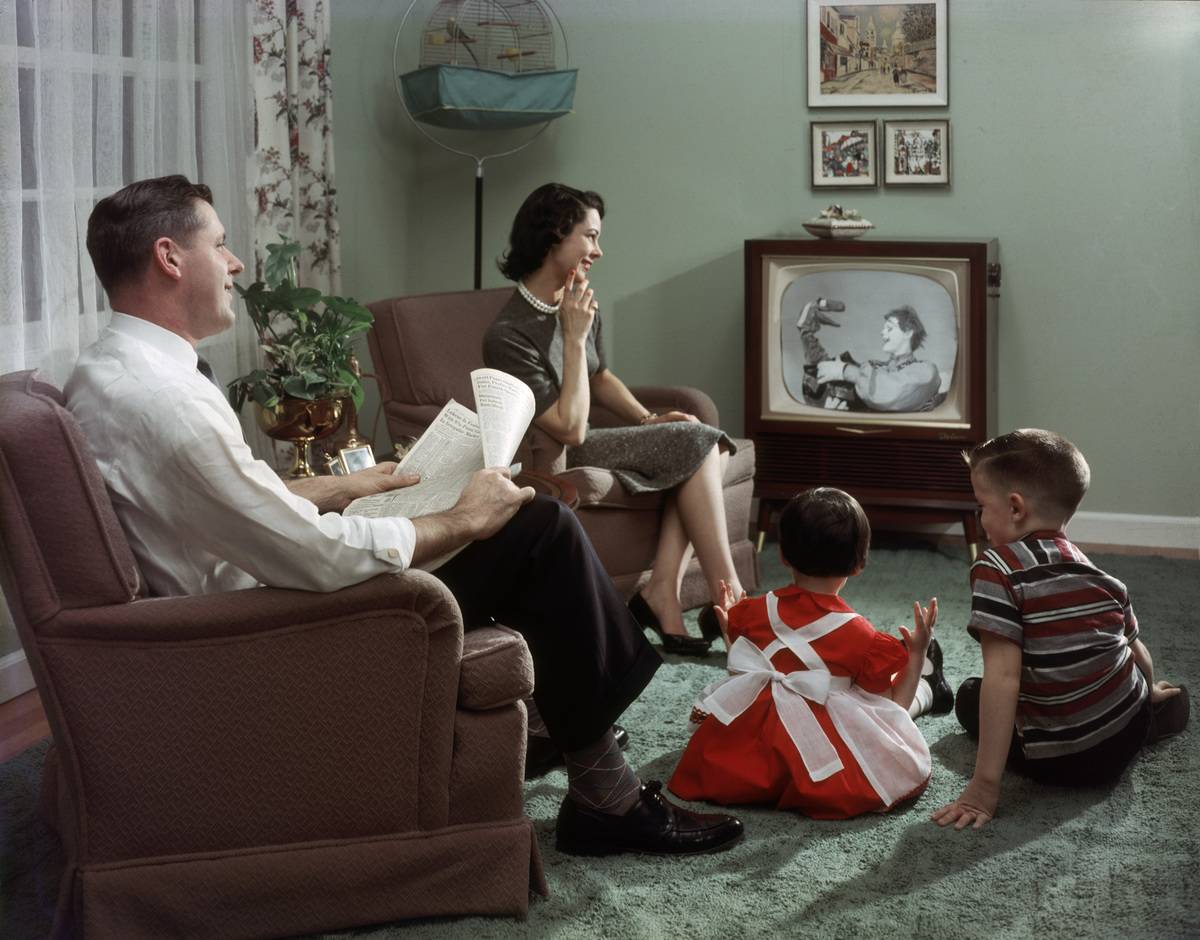
Different cultures have unique relationships with time, influencing how it’s perceived and valued. In some cultures, time is seen as linear and punctuality is paramount, while others view it as more fluid and flexible.
These cultural attitudes shape our daily lives and interactions, highlighting the subjective nature of time perception. Understanding these variations enriches our appreciation of time’s role across the globe.
How Attention Affects Our Sense of Time
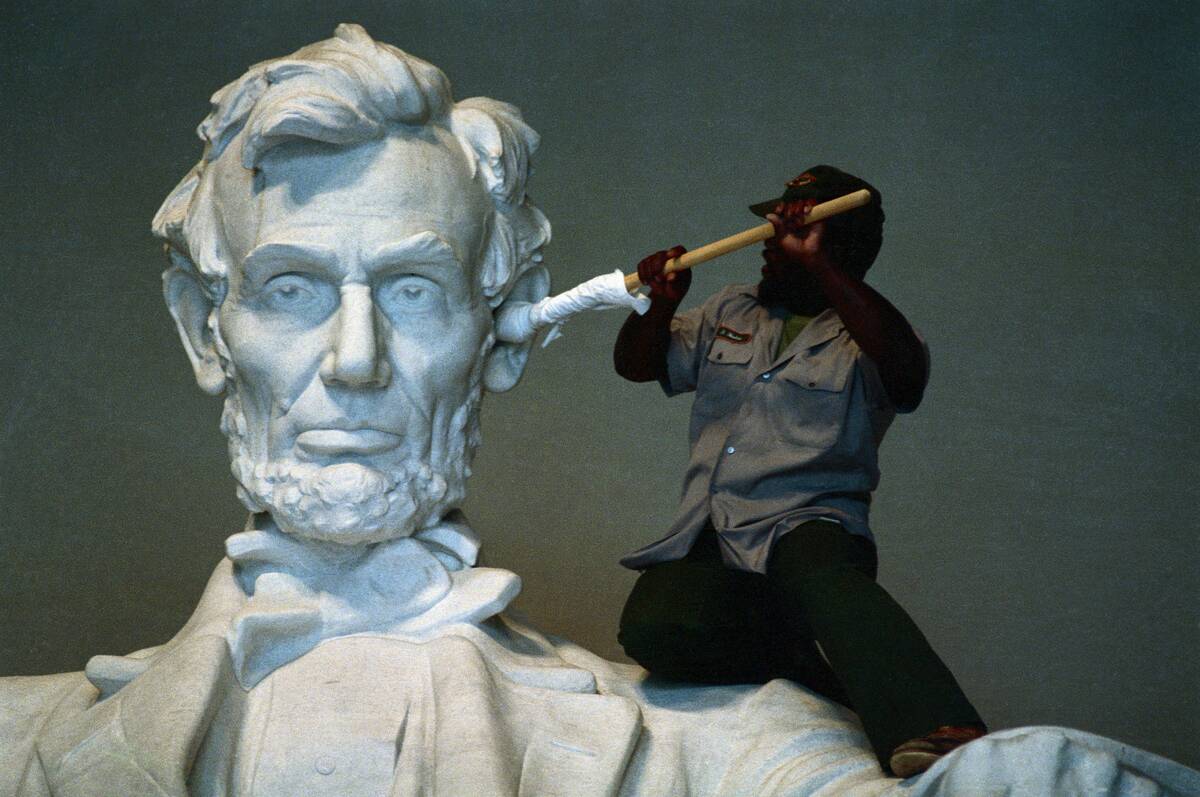
The more attention we pay to an activity, the slower time seems to pass. This phenomenon is why boring lectures or tedious tasks feel interminable, as our focus stretches the experience.
On the flip side, when we’re engrossed in something enjoyable, we lose track of time entirely. Attention is a powerful mediator, shaping our temporal experience in day-to-day activities.
The Role of Anticipation in Time Perception
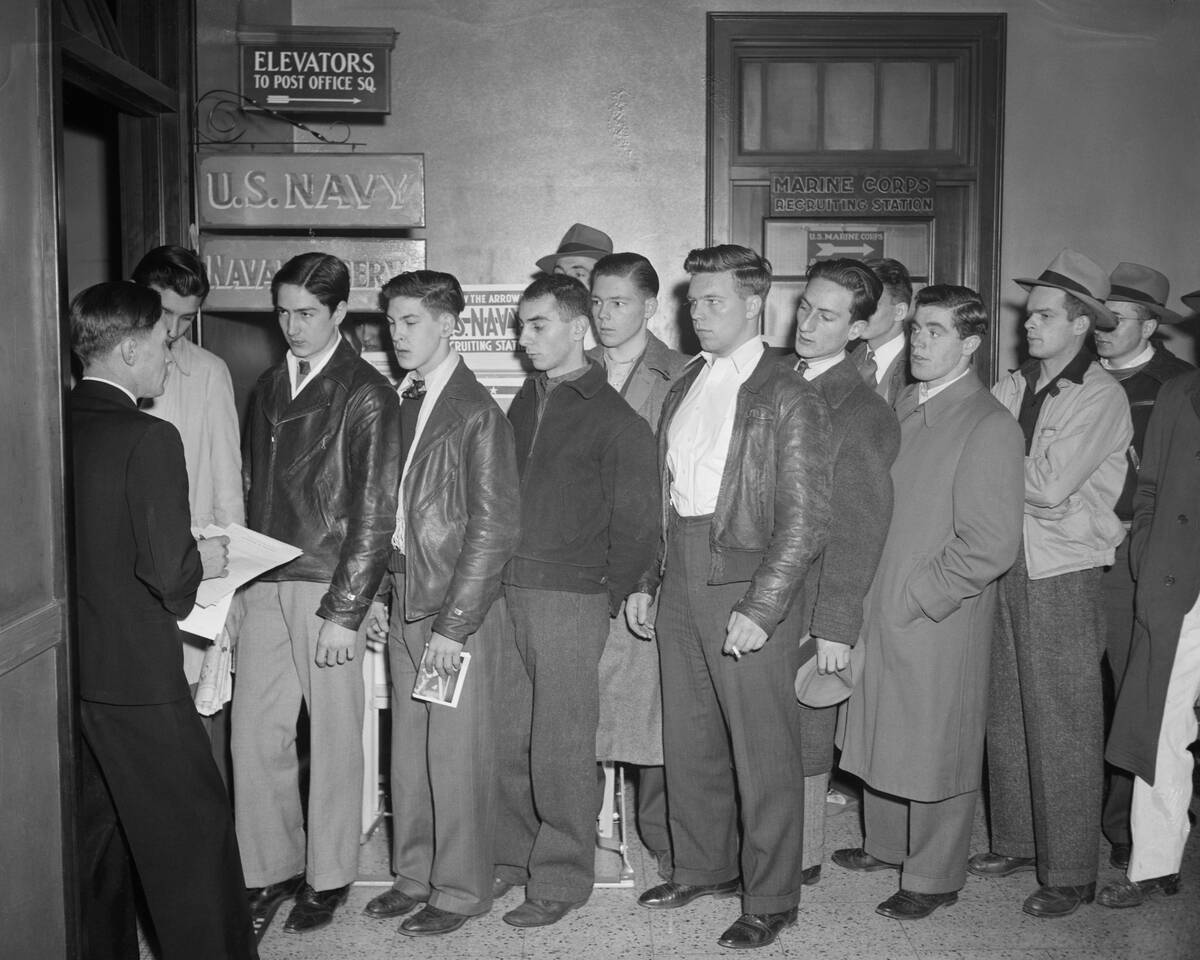
Waiting for a highly anticipated event can make time crawl. The focus on the upcoming moment heightens our awareness of each passing second, stretching our perception of time.
This is why the days leading up to a holiday or a major life event can feel like an eternity. Anticipation shines a spotlight on time, elongating our experience as we count down to what’s eagerly awaited.
The Influence of Emotions on How We Experience Time
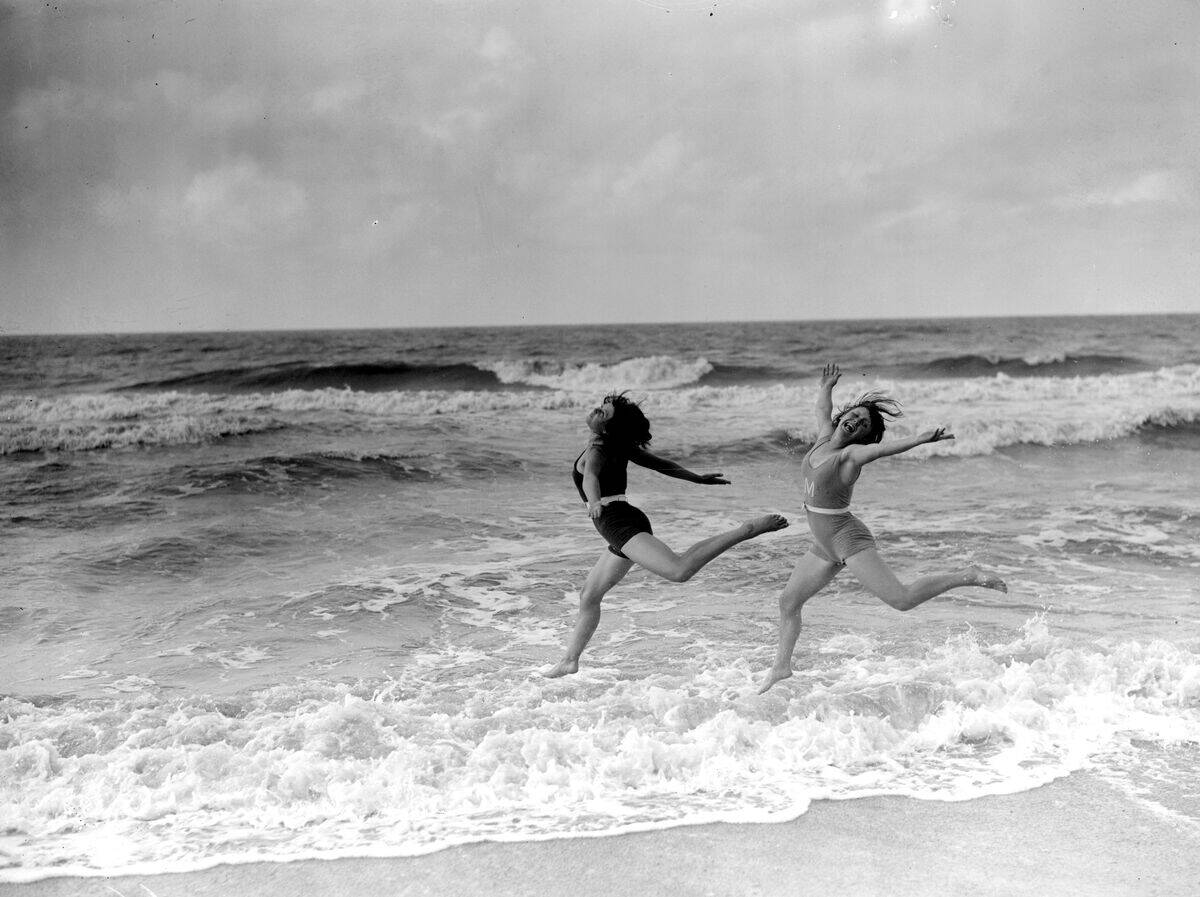
Emotions color our perception of time in profound ways. Positive emotions, like happiness and excitement, can make time fly, as our enjoyment masks the passage of minutes and hours.
Conversely, negative emotions, such as sadness or anxiety, can slow time down, as we become acutely aware of each moment. Our emotional state acts as a lens, altering how we experience the ticking of the clock.
The Psychological Concept of ‘Flow’ and Time

The state of ‘flow’ is when we’re fully immersed in an activity, losing track of time completely. This happens when our skills are perfectly matched to the challenge at hand, creating a seamless harmony between effort and enjoyment.
In flow, time’s usual constraints dissolve, allowing us to engage deeply with the task. It’s a psychological sweet spot that illustrates the malleability of our temporal perceptions.
The Illusion of Time Acceleration in Adulthood

Many adults feel like time speeds up as they age, and there’s a psychological basis for this sensation. As we accumulate life experiences, fewer events stand out, making years blend together.
Additionally, the routine nature of adult life reduces novelty, compressing our perception of time. This acceleration is not just an illusion but a reflection of how our brains process familiarity and routine over time.
The Role of Mindfulness in Altering Time Perception
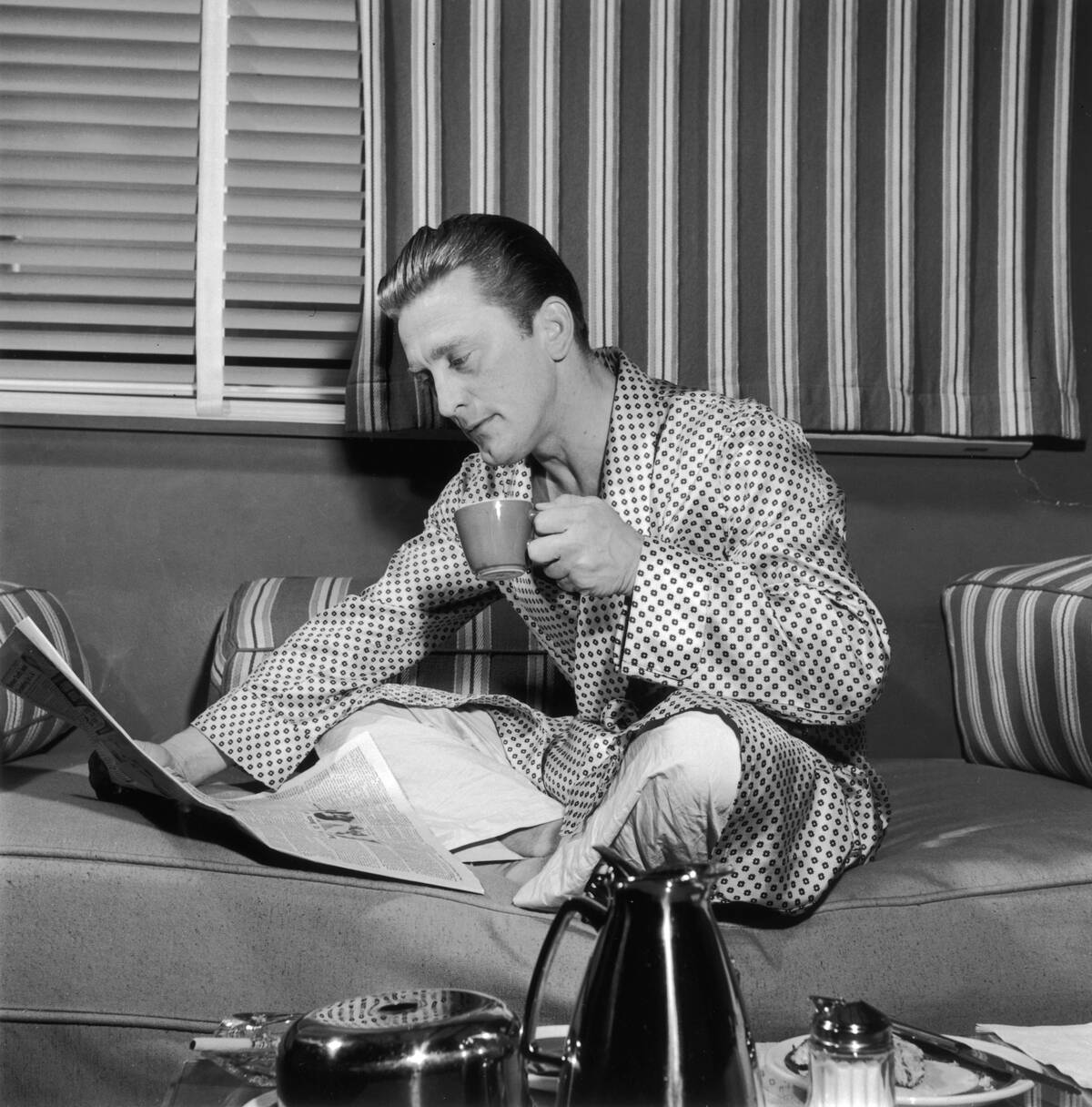
Mindfulness, the practice of being present and fully engaged in the moment, can significantly alter our perception of time. By focusing on the here and now, we can slow down our experience of time, savoring each moment as it unfolds.
This heightened awareness can transform mundane activities into richer experiences, offering a powerful tool to counteract the rush of modern life and recalibrate our temporal awareness.




